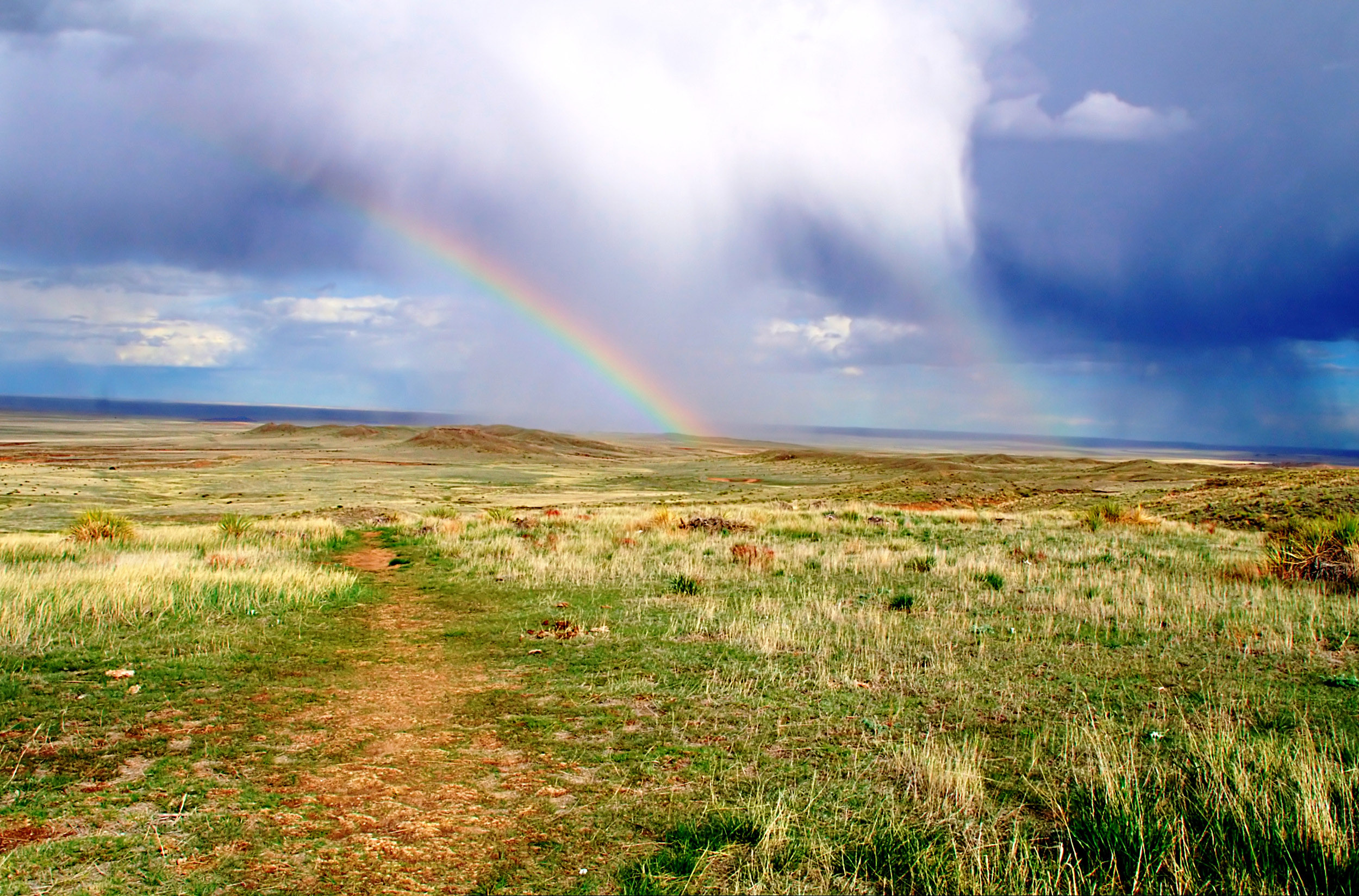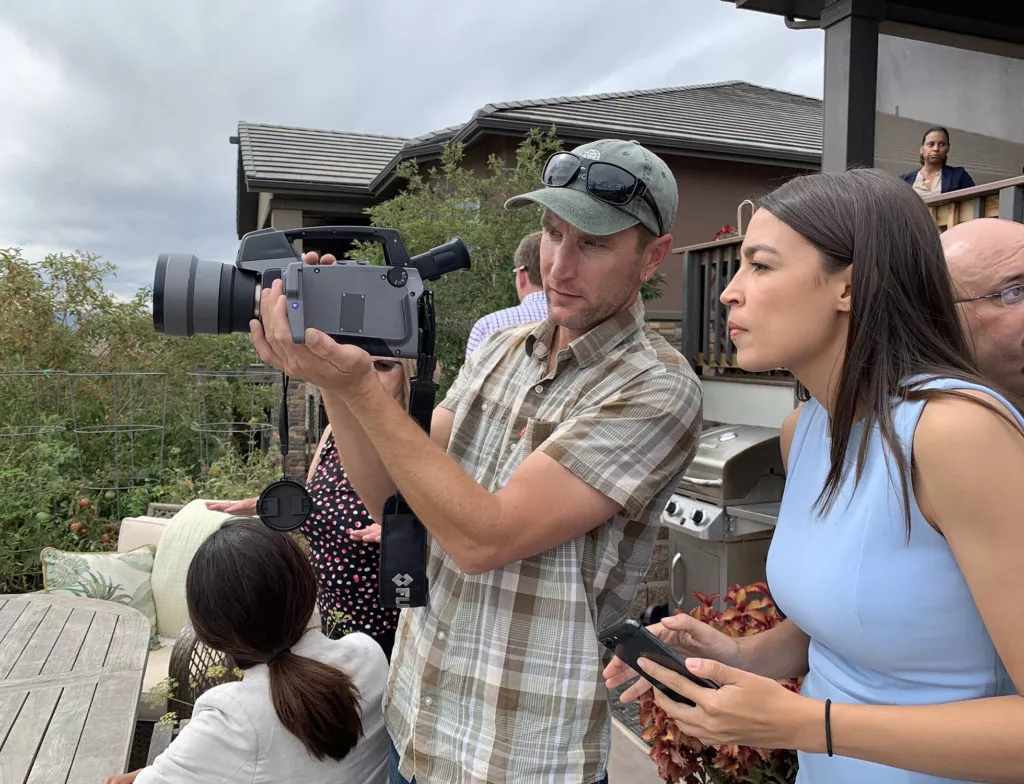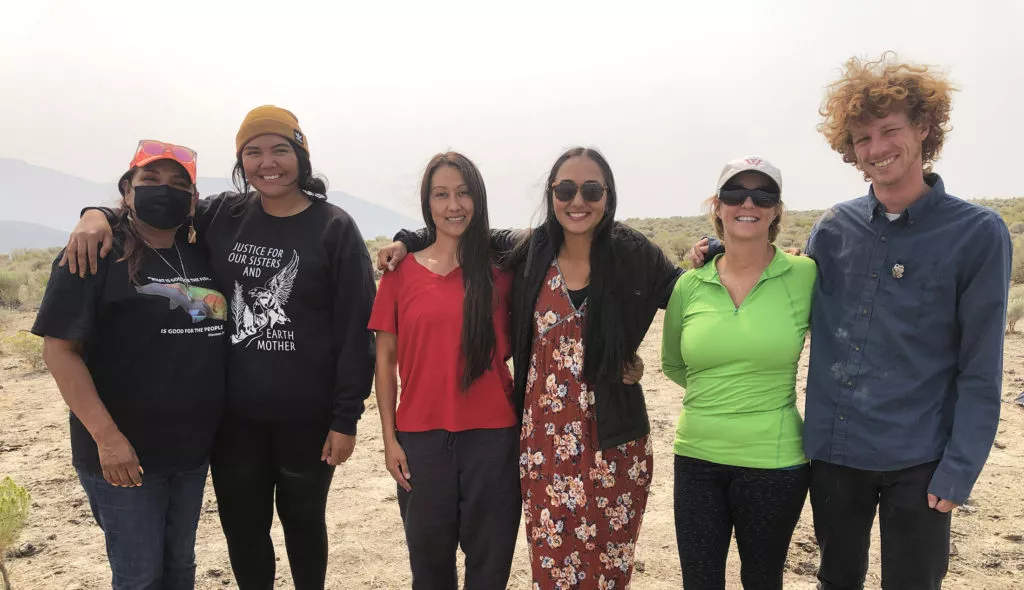
Our Commitment to Diversity, Equity and Inclusion
Earthworks is committed to challenging and dismantling systemic oppression.
Earthworks is committed to challenging and dismantling systemic oppression. Earthworks’ Board and staff understand that promoting diversity, equity and inclusion (DEI) both within and beyond Earthworks is critical to carrying out our mission to protect communities and the environment from the adverse impacts of resource extraction.
We recognize that environmental burdens and benefits are not distributed equitably, and that Black, brown, and Indigenous communities disproportionately suffer from environmental injustice. Consequently, we prioritize anti-racism in our commitment to recognize and address these disproportionate historic and current disparities.
We strive to practice the Jemez Principles and Principles of Environmental Justice in our work, and know we are better suited to do so when we practice these principles internally.
We strive to make Earthworks a thriving and equitable organization for our staff, board, and volunteers. To that end, we seek to build a culture of transparency, trust, mutual support, and accountability to principles of equity and inclusion. Some concrete examples of how we’re implementing this include:
- Offering diversity, equity, and inclusion trainings and coaching for our staff to foster deeper understanding of these issues and affirm organization-wide commitment to action.
- Maintaining community agreements to cultivate a culture of respect, professionalism, accountability, justice, equity, inclusivity, and authentic communication.
- Committing to learning new practices that promote these values in our day-to-day work and interactions.
We accept that our commitment to DEI means a dedication to constant learning—we will make mistakes, but we are determined to learn from them and to improve. We regularly review our actions and practices related to these policies and report back to our staff, board, and community to hold ourselves accountable to our DEI goals.
Progress Towards Being More Diverse, Equitable and Inclusive
Our strategic plan integrates equity and inclusion into our advocacy and organizational health goals, and we evaluate our progress towards DEI objectives annually. Additionally:
- A Director of Talent and Equity is a member of the senior leadership team.
- A cross-departmental DEI Committee meets regularly, leading several org-wide initiatives.
- Equitable hiring practices have been implemented, including posting the salary range for every job opening and ensuring a diverse candidate pool and equitable interview process for every hire.
- Staff salaries are reviewed annually to ensure pay equity.
- Employee resource groups support staff and promote building community.
- Fundraising goals include providing financial support to frontline partners and assisting them in building relationships with donors.
Sign Up
Get updates and actions from Earthworks
Thank You for Signing Up!



